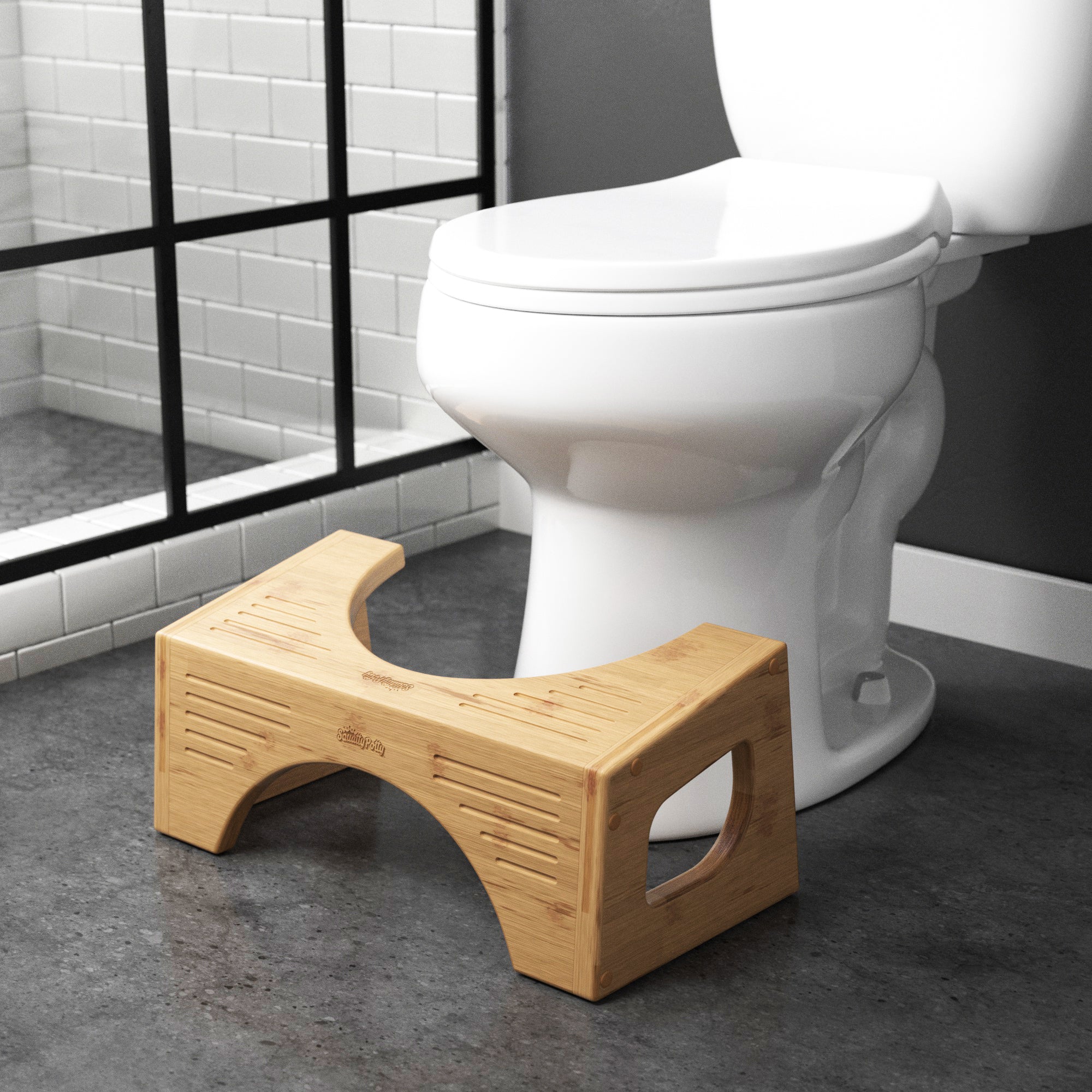It is thought that, as well as nutrition and lifestyle choices, our state of mind may actually impact our digestive system. Interestingly, it seems the deal works both ways: scientists are increasingly convinced that the contents of our digestive system may have a major impact on our state of mind.
Did you know: that 100 trillion microorganisms live in your intestines: that’s more than 10 times the number of human cells in your body.
Just like weeds compete with flowers for space and nutrients in a garden, ‘bad’ bacteria compete with ‘good’ bacteria inside the gut. If the gut environment is healthy, ‘bad’ bacteria struggle to flourish. We obviously want the good bacteria and all of their powerful benefits. There are Clostridium Butricum- which produces important fatty acids, Bifidobacteria- which produces vitamins, and Lactobacilli- which boosts immunity and protects against carcinogens!
A healthy gut environment stimulates the digestive process, aiding the absorption of nutrients, and helps provide gut wall resistance. A healthy gut environment prevents growth of harmful, pathogenic bacteria, and breaks down poorly digested food. In return for their hard work, the bacteria get to thrive in a safe, nutrient-rich environment.
Wondering how the gut affects the brain?
Over 100 years ago, Russian immunologist, Elie Metchnikoff, proposed that a healthy gut environment could help combat senility and suggested that the good bacteria found in yogurt would increase a person’s longevity. Today, researchers are beginning to understand the role of gut bacteria in immunological, metabolic, and neurological diseases: what we eat can alter the composition and function of the gut bacteria and this has an effect not only on the metabolism, but also on the brain function. Who knew the two were so close!
The gut and the brain communicate more so than you’d think. Microbial compounds communicate with the brain via the vagus nerve, the largest nerve in the body. Gut microbes interact with the immune system, which communicates with the brain. The gut releases hormones and neuroactive compounds which travel through the blood stream. They communicate so much so that scientists have named the gut the “second brain”!
Did you know: that the digestive tract forms over 70% of the the body’s immune system? Or that the nervous system of the gut contains more neurons than the entire spinal cord or that it’s able to regulate itself without brain interaction?
So, how does the brain affect the gut?
The brain has a direct effect on the digestive tract. In fact, the very thought of eating can stimulate salivary glands and release gastric juices which help prepare for digestion. Once food reaches the stomach, receptors send their own signals. These signals cause the release of more gastric juice and muscular contractions. When you have eaten enough, the digestive tract releases satiety hormones which signal to the brain that the person is no longer hungry. That’s your gut giving feedback to your brain!
As you’ve probably experienced, your gastrointestinal tract is sensitive to emotion, stress, anxiety, and depression. Fear or sadness
Now, what can you do with all of this information?
Here are some tips to a healthier mind & a healthier gut:
Balancing the mind: As we have seen, the gut is sensitive to our emotions and our state of mind. There have been a few studies to prevent anxiety and handle stress.
Take time to quiet your mind and meditate.
The Dalian University of Technology in China did 74 meditation trials at Johns Hopkins University in Baltimore on mindfulness meditation. They found that five 20-minute sessions of meditation reduced the amount of cortisol that was released in response to the stress test.
Squat to eliminate.
Relaxing the muscle around your colon is crucial in full elimination. To do so comfortable, use a Squatty Potty. An average American can have up to twenty pounds (I repeat, twenty pounds!) of stool AKA, toxic waste in their digestive system. Squatting to eliminate can allow your body a complete elimination and prevent an unhealthy gut.
Take time for restful sleep.
Studies at the University of Pennsylvania found that 4-5 hours of sleep at night for one week resulted in participants feeling more stressed, angry, sad, and mentally exhausted. When resuming normal sleep patterns, participants reported a dramatic improvement in mood.
Engage in daily exercise.
The University of Georgia found that regular exercise reduced patient anxiety by 20%. Exercise sessions greater than 30 minutes were better at reducing anxiety than shorter sessions.
And of course, follow the Squatty Potty motto: healthy colon, happy life!










